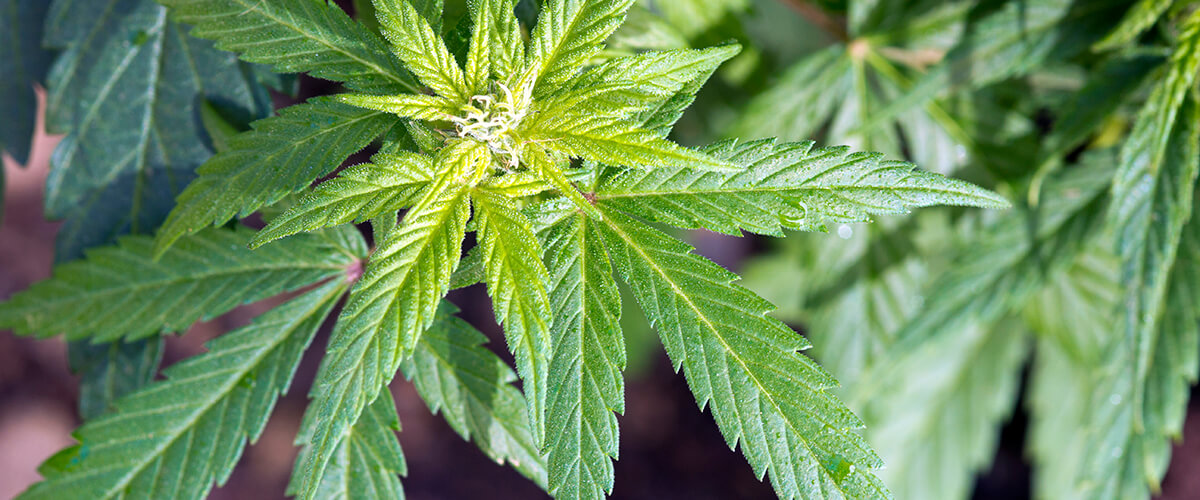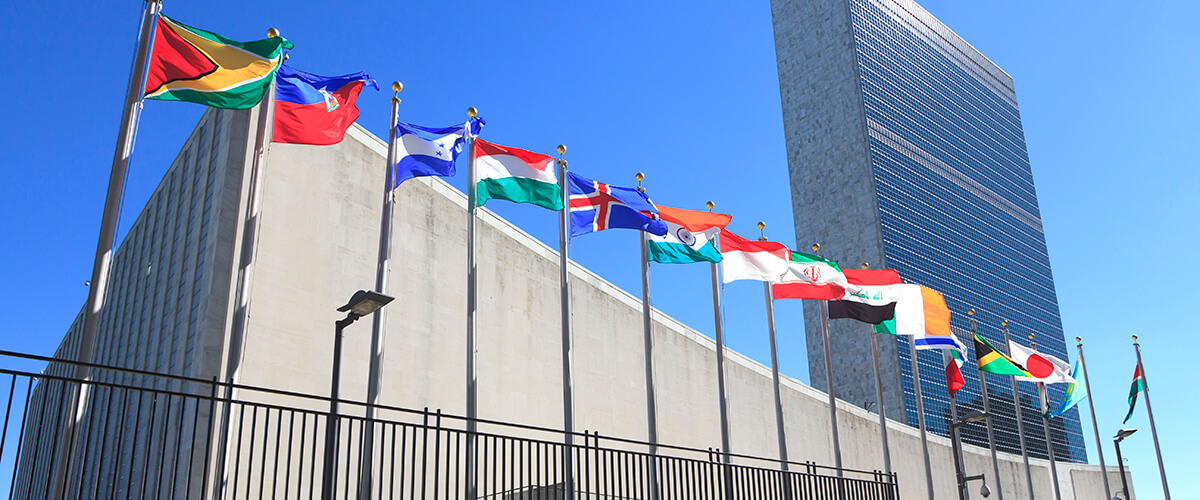Rescheduling marijuana internationally would trigger reviews of the plant’s scheduling in the U.S. and elsewhere.
The United Nations will for the first time this November conduct a thorough review of cannabis’s scheduling status under international law. A decision to change the international control of cannabis would no doubt have a monumental impact on how marijuana is scheduled in the United States and throughout the world.
The UN announced the upcoming in-depth review in a letter by World Health Organization (WHO) Director-General Tedros Adhanom Ghebreyesus, as first reported by Tom Angell of Marijuana Moment. The review will consider analyses of the epidemiological, pharmacological, chemistry, toxicology, and therapeutic impacts of cannabis.
This broader review follows an initial pre-review conducted in June by the WHO’s Expert Committee on Drug Dependence (ECDD). In that report, the global health agency found that cannabis is effective in the treatment efforts of a range of medical conditions and is “relatively safe”. It went on to conclude “that there is sufficient evidence to proceed to critical review.”
“This initial evaluation is also an opportunity to identify gaps in the available scientific data,” reads an explanatory document that accompanied Ghebreyesus’ letter.
“A critical review is carried out when there is sufficient scientific evidence to allow the ECDD to make informed an recommendation that the substance be placed under international control, or if its level of control should be changed.”
The ECDD will conduct the critical review, and in it will provide recommendations on cannabis and its related extracts to UN Secretary-General Antonio Guterres. Guterres was prime minister of Portugal in 2001 when the country decriminalized the possession of small amounts of all drugs.
Once the critical review is submitted, the UN’s Commission on Narcotic Drugs will vote on whether to alter cannabis’s scheduling under the international treaties.

Potential Impact
The UN currently classifies cannabis as a Schedule I substance under the Single Convention of Narcotic Drugs of 1961. As a result, the plant is broadly prohibited internationally.
If the UN’s Commission on Narcotic Drugs decides to amend the Single Convention and loosen or abolish restrictions on cannabis, it would lead to widespread cannabis reform. In the U.S., such a decision would automatically trigger a review of the scheduling of cannabis due to provisions of the Controlled Substances Act.
While 30 U.S. states have passed their own laws allowing the medical use of cannabis, adjusting the substance’s Schedule I status under federal law would decriminalize cannabis nationwide and open access to Veterans.
Michael Krawitz of Veterans of Medical Cannabis Access cheered the announcement in a statement to Marijuana Moment.
“Thankfully the World Health Organization has accepted the challenge of evaluating the placement of cannabis in the 1962 Single Convention treaty,” said Krawitz.
“Cannabis placement in the treaty was done in the absence of scientific evaluation and has provided the basis for a moral campaign against drugs by the USA for many decades. Since our work on medical access to cannabis has been based upon scientific inquiry we know that any rational assessment of the evidence leads the observer to understand cannabis indeed has proven medicinal value and, compared to other medicines, has profoundly fewer negative side effects.”
Stay Up on Cannabis
You can learn more about the laws on cannabis through our education page, or keep up with developments in the cannabis industry by visiting our news feed.






